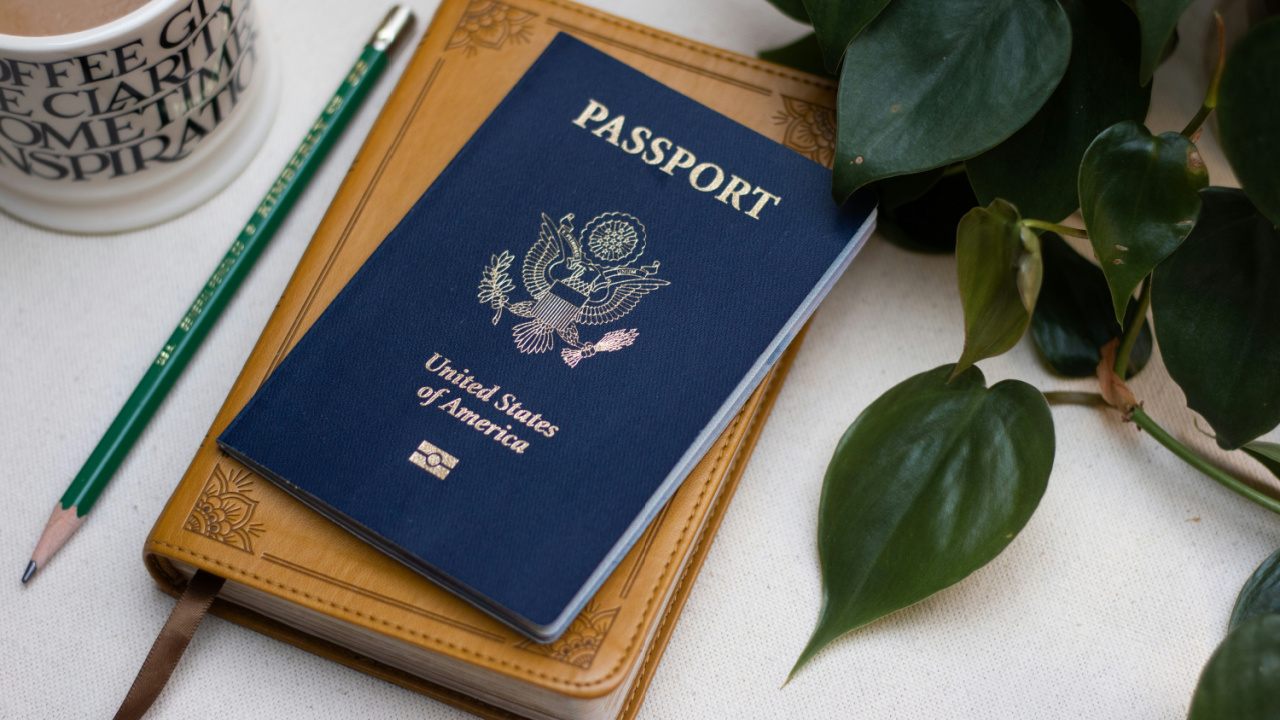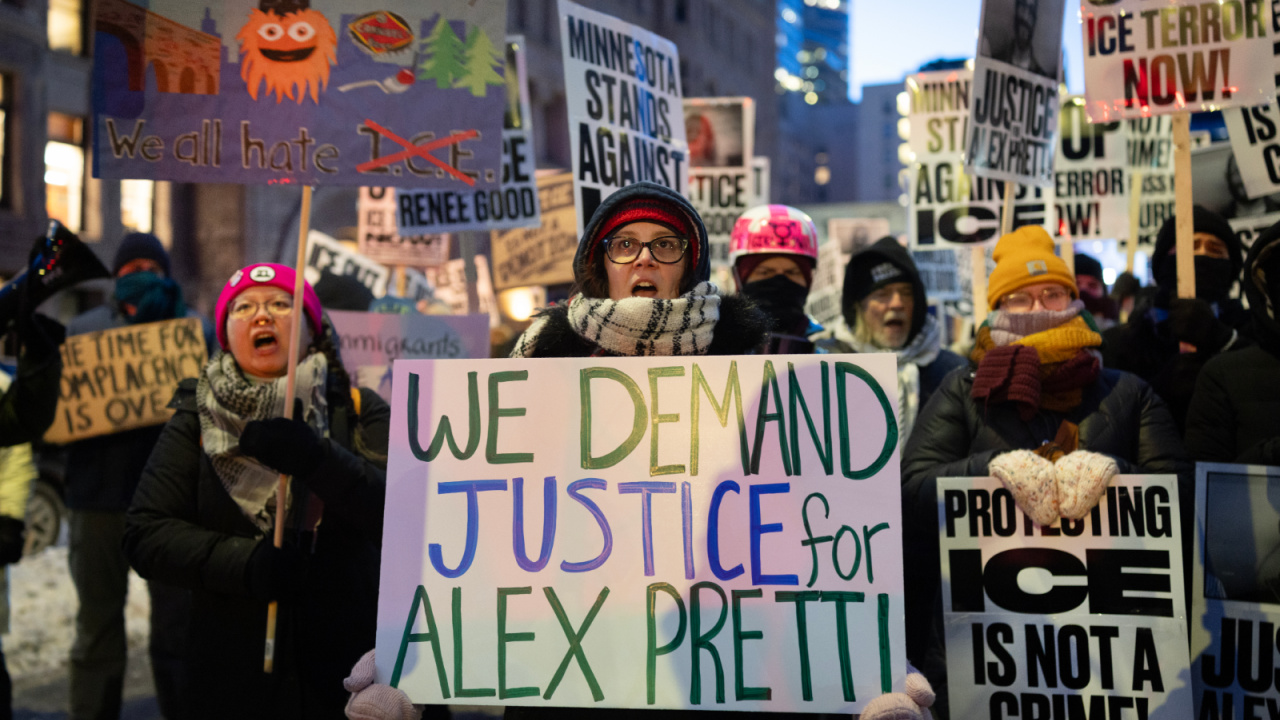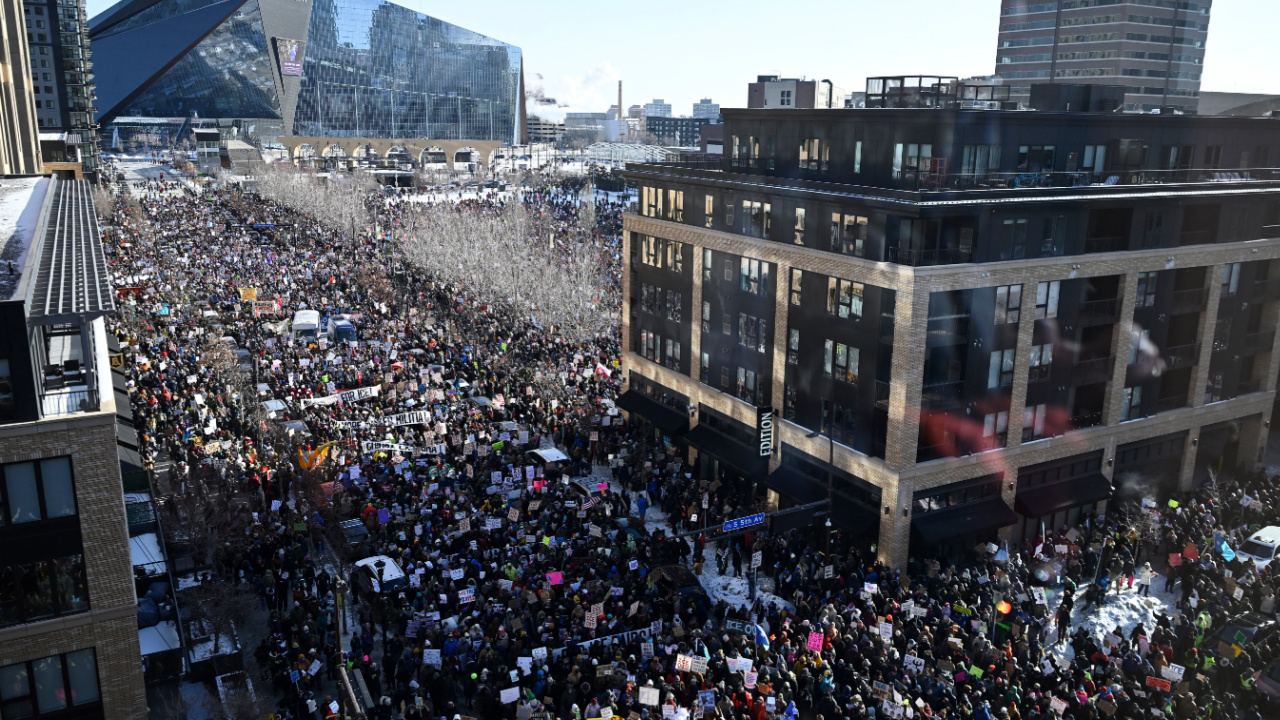
This Withdrawn Bill Could Have Changed How US Passports Work and Here’s Why Legal Experts Raised the Alarm
The United States government is seeing how far it can push the boundaries of freedom of expression. A GOP-backed bill sought to give Secretary of State Marco Rubio the power to pull passports at will. The bill focuses on “terrorists and traffickers” and at the surface level, it seems straightforward. A deeper dive sparked public outrage, and lawmakers withdrew the bill.
A GOP congressman is testing the limits
In September, Rep. Brian Mast (R-Fla.-21st) introduced H.R. 5300, also called the “Department of State Policy Provisions Act.” The bill, on its face, seems pretty simple. Understanding the context and political climate shows it in a different light.
According to the failed bill, it would have given Secretary of State Marco Rubio broad powers to revoke passport privileges. The unilateral power to do this raised immediate alarms among civil rights and free expression activists.
In an interview with Newsweek, Carolyn Iodice, the policy director at the Foundation for Individual Rights and Expression, expressed her concern about the long-term impact of the bill. Experts worry that lawmakers could interpret and execute a law like this for political expedience or revenge.
“One thing to make clear is that our concern is not just about the present moment that it could be abused,” Iodice told Newsweek. “But if this becomes permanent law then forever any secretary of state who wants to suppress speech could exploit this to punish viewpoints he or she doesn’t like.”
There is concern based on recent actions by the federal government
The Trump administration has not shied away from targeting pro-Palestinian protesters. Earlier this year, Sec. Rubio confirmed that the administration had revoked 300 foreign students’ visas. Authorities targeted students involved in pro-Palestinian protests on university campuses for revocation.
“Here’s why: I’ve said it everywhere, and I’ll say it again,” Rubio told the press in March 2025. “If you apply for a student visa to come to the United States and you say you’re coming not just to study, but to participate in movements that vandalize universities, harass students, take over buildings, and cause chaos, we’re not giving you that visa.”
This was around the same time that Tufts University student Rümeysa Öztürk was arrested by federal agents. The U.S. government revoked her student visa. They claimed that she “engaged in activities in support of Hamas, a foreign terrorist organization that relishes the killing of Americans.”
Last month, President Donald Trump designated antifa a domestic terrorist organization. Antifa is shorthand for anti-fascist. Now, this designation didn’t really do anything in a real sense, as there is no domestic terrorist organization statute. Because antifa is not an actual organization, people questioned how authorities would enforce the designation.
This month, after a roundtable with officials and right-wing influencers about antifa, President Trump mentioned designating it a foreign terrorist organization. That does come with legal power, including using military force to stop activities.
Revoking passports to dissenters is not a new concept
Cuba manipulated passports following the 1959 revolution. The Cuban government restricted passports and Cubans’ ability to leave the country. The government used it to prevent dissenters and specialized professionals from leaving the country. This offered the Cuban government two things: preventing a brain drain and keeping dissent internal.
The Cuban government restricted the travel of dissenters by also requiring exit permits that were almost always denied to dissenters. This process was in place for Cuba until 2013. While that has been lifted, Cubans still face issues with passports and traveling.
The Venezuelan government recently used its own power to revoke the passports. It targeted political dissenters, journalists, opposition activists, and rights defenders. The Inter-American Commission on Human Rights (IACHR) called out the practice and demanded that the passports be restored.
The IACHR called out the passport revocation as intimidation tactics to silence anyone critical of the government. The organization called on other nations to create mechanisms to recognize expired and revoked Venezuelan documents. As IACHR states, the loss of travel documents instills fear in citizens. This is a common tactic from authoritarian regimes seeking to control their population.




